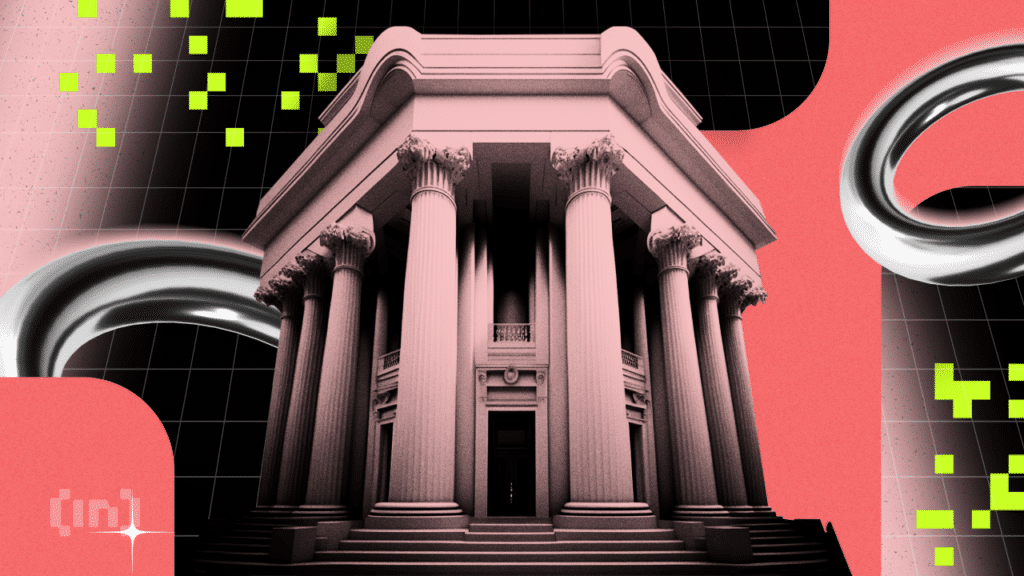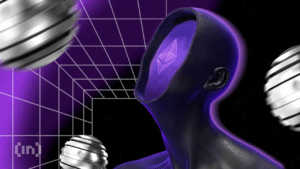Is he the real Satoshi Nakamoto?

The trial to determine whether Australian computer scientist Craig Wright is the creator of Bitcoin entered its second week yesterday. Jonathan Hough, Casey, lead counsel for the plaintiff, the Crypto Open Patent Alliance (COPA), openly criticized Wright's ambiguous answers.
Yesterday's sixth day of CPA and Craig Wright's trial focused on whether Wright had the ability and time to create Bitcoin.
Wright was admonished for ‘irrelevant allegations'
Early in the process, Howe examined Wright's technical expertise in C++, the language in which the Bitcoin software is written. They accused Wright of plagiarism in his dissertation, citing similarities to another author, Hilary Pearson.
In lieu of clear answers, Wright countered with “incoherent allegations.” Judge James Mellor agreed with Howe's assessments.
“Counsel is quite right to stop you because it throws no light on the issue I have to decide. Do you understand?” Mellor asked.
Wright falsely accused Bitcoin developer Craig Maxwell of hacking his server years ago. He also made accusations against the creator of Hashash, Adam, both of which are not related to the question asked.
Read more: What is Hashing in Blockchain? Basics covered
He also dismissed claims that he shared Bitcoin's authorship with Dave Kleiman. He previously admitted in an email to Clayman's father that Dave and Wright were the “key people” behind Bitcoin.
“The versions are still changing, aren't they?” Howe asked.
Why is Wright going to such lengths?
According to Dr. Kon Kolivas, a software engineer for Bitcoin mining machine software, Wright is unlikely to be Nakamoto. Kolivas described the court proceedings as a “confused, abusive, angry” man far from the clear thinker that many Nakamoto can be.
“I don't think CSW has a hope in hell of being Satoshi and creating Bitcoin. But listening to CSW's slurred speech, insults, misdirection, confusion, diversion, distraction, and countless other tactics…I have to think that maybe…probably created perjury.” Kolivas tweeted yesterday.
But Wright goes to great lengths for what he sets out to achieve. Victory in this case will give him ownership of the first Bitcoin code and Bitcoin white paper in 180 countries.
While cryptocurrencies cannot be patented, blockchains can. For example, Jack Dorsey's payments company, Block Inc., owns a proprietary peer-to-peer blockchain infrastructure that allows its customers to settle daily transactions in Bitcoin. Competitor PayPal holds patents for crypto risk assessments and dispute resolution solutions for secondary transactions on the blockchain.
Read More: Proof of Work and Proof of Stock Explained.
Therefore, a victory by Wright could see the Bitcoin system claim some technological aspects. One is Nakamoto's three-period accounting concept. Other candidates could be Bitcoin's concentration of mining power and game theories that block the proof-of-work innovation built on Back's Hashcash technology.
Disclaimer
Adhering to the Trust Project guidelines, BeInCrypto is committed to unbiased, transparent reporting. This newsletter aims to provide accurate and up-to-date information. However, readers are advised to independently verify facts and consult with experts before making any decisions based on this content. Please note that our terms and conditions, privacy policies and disclaimers have been updated.












